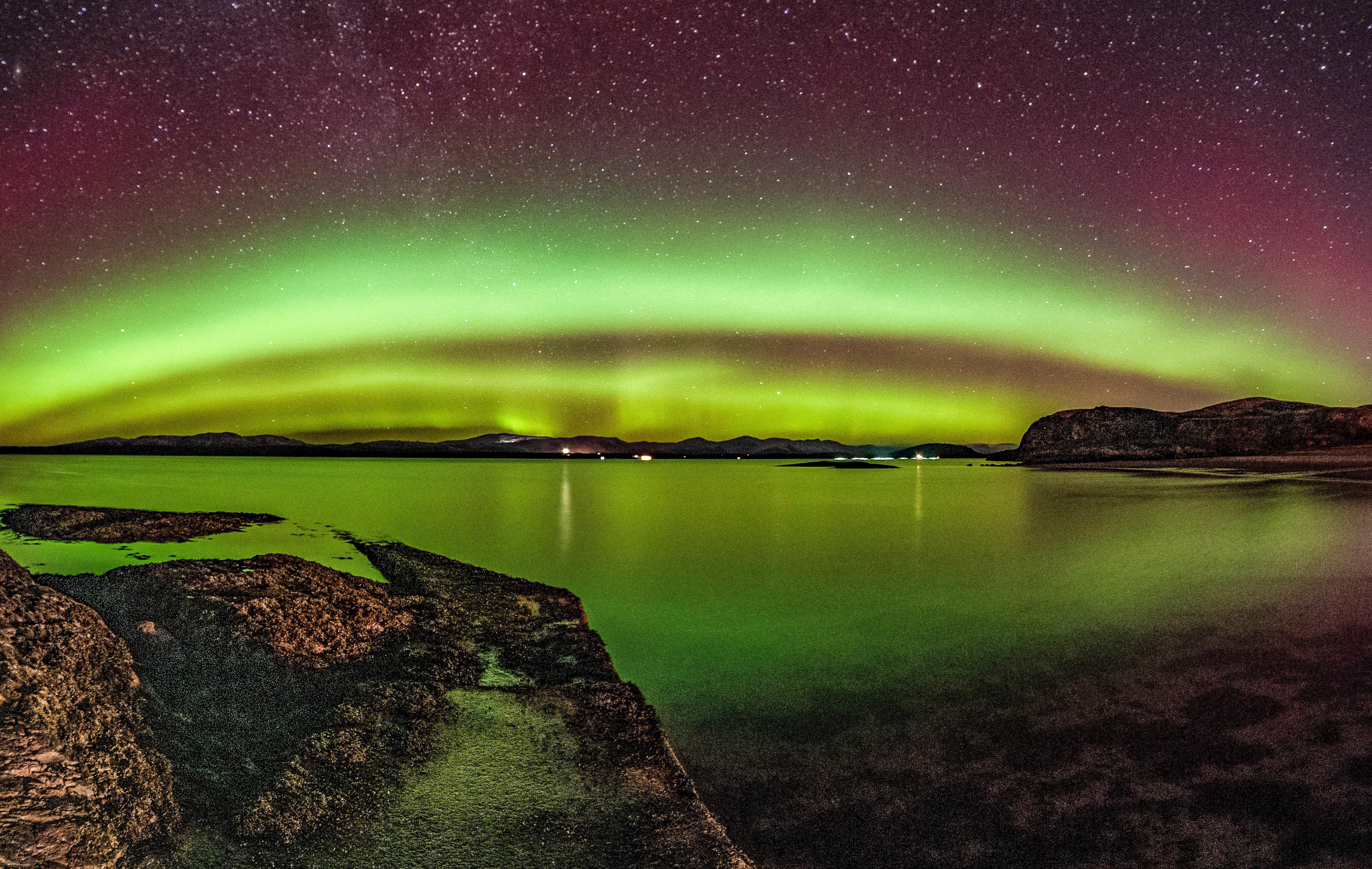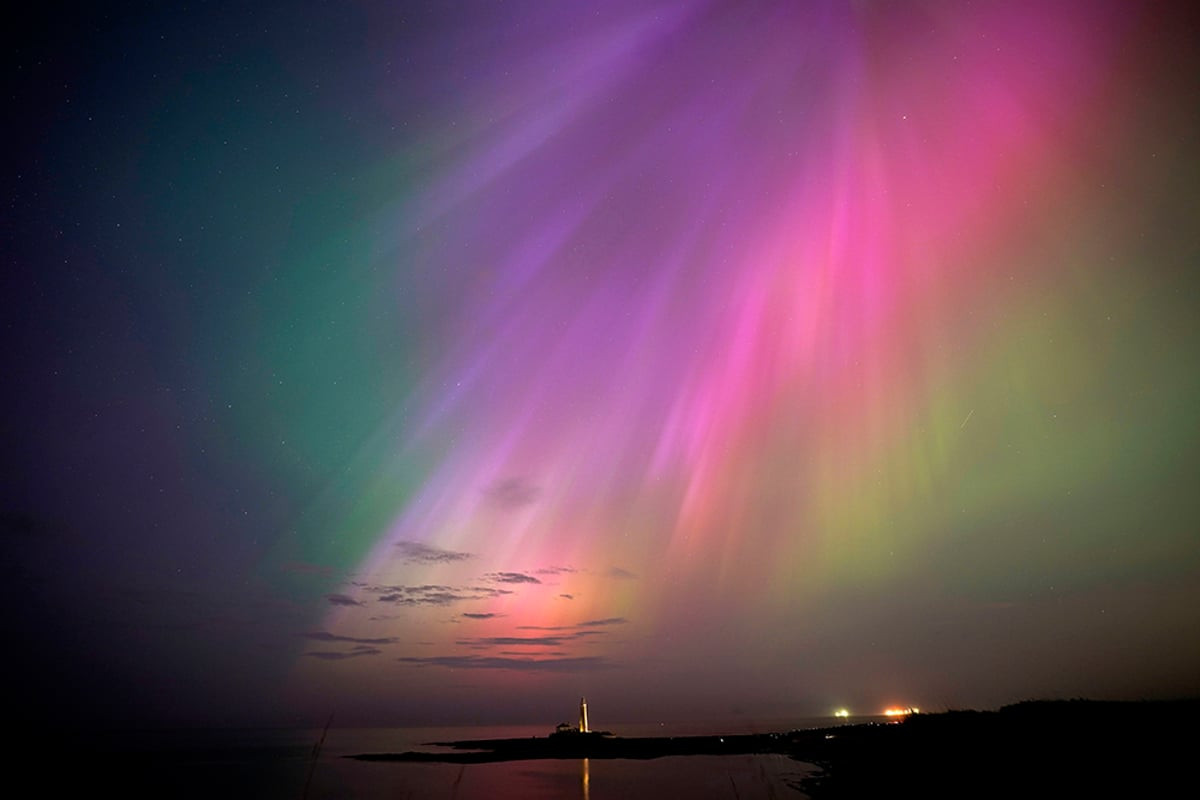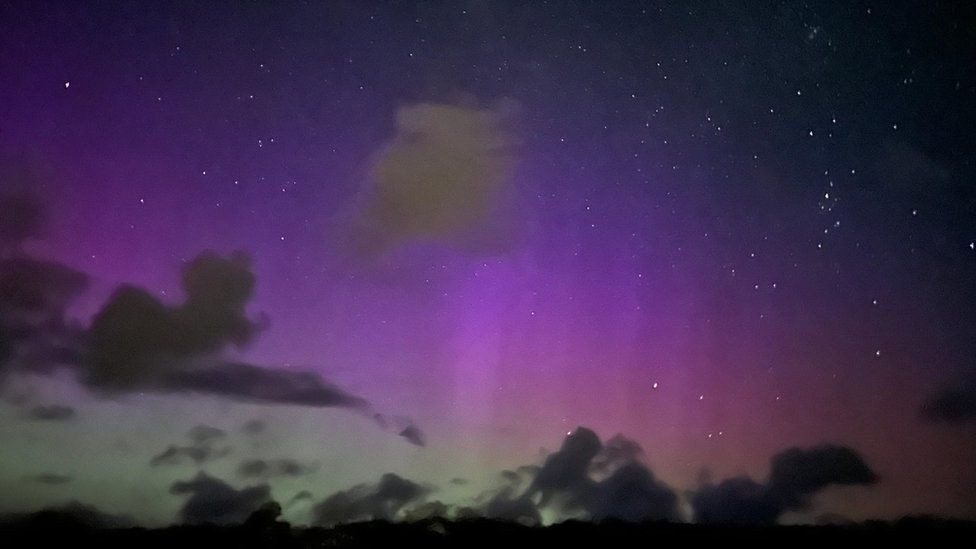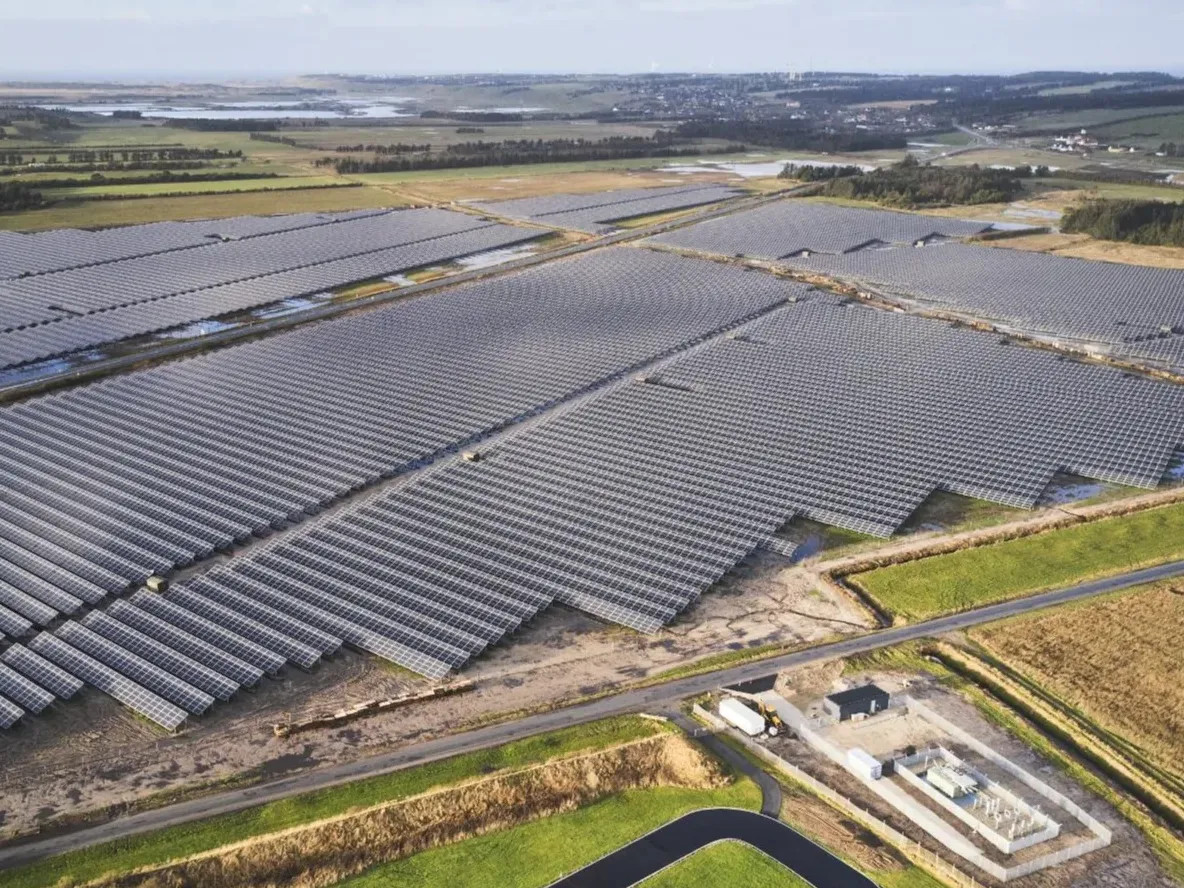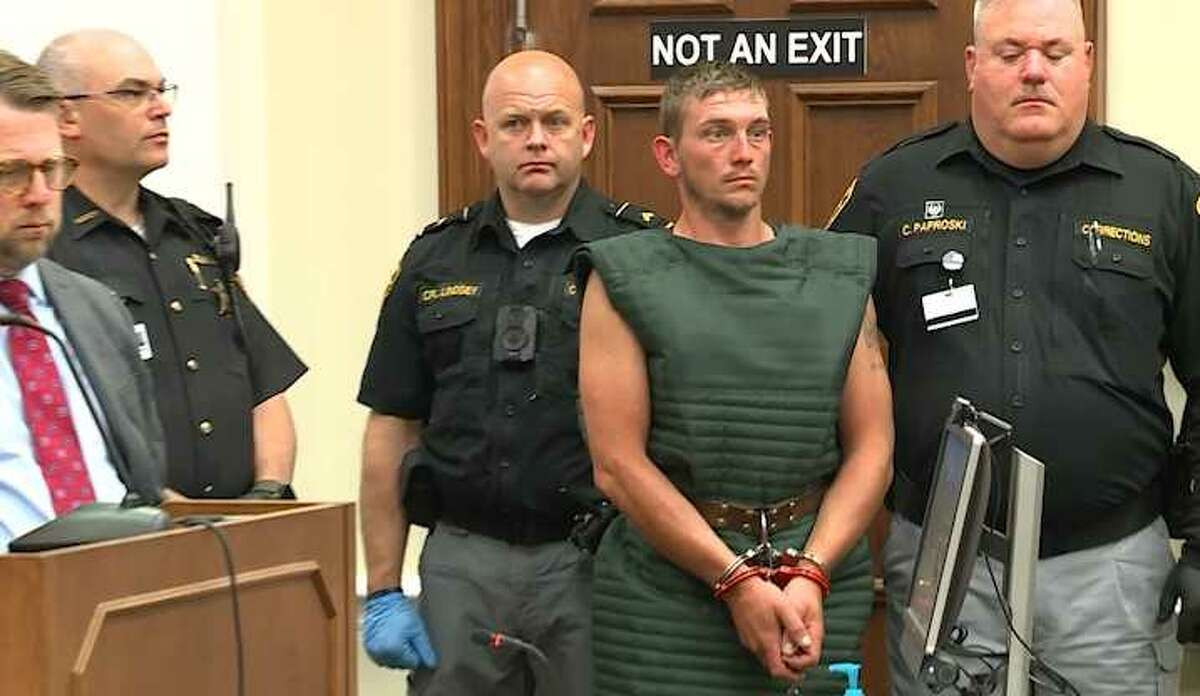The Northern Lights are set to be visible in parts of the UK once again, according to the Met Office. Stargazers across the country have been lucky enough to catch a glimpse of the Northern Lights, also known as the aurora borealis, on numerous occasions already in 2024. The most recent reports of Northern Lights activity came earlier this week.
Brits are set to get another chance to see what is described as "one of the most spectacular displays in the night sky" overnight on Thursday and Friday (September 12 and 13), according to Met Office forecasts. The Met Office Space Weather forecast reads: "The auroral oval is likely to become enhanced during the period. A coronal mass ejection (CME) is forecast to arrive at Earth Thursday night into Friday. Aurora sightings may become visible across Scotland, Northern Ireland and northern England and similar geomagnetic latitudes."
Where to See the Northern Lights
According to the Space Weather forecast from the Met Office, the best spots to see the Northern Lights on Thursday night/Friday morning (September 12 and 13) and Friday night/Saturday morning (September 13 and 14) are:
- Scotland: With its northerly location, Scotland offers some of the best chances of catching a glimpse of the aurora. Areas with minimal light pollution, such as the Scottish Highlands, are ideal for optimal viewing.
- Northern Ireland: While not as far north as Scotland, Northern Ireland still has a good chance of seeing the Northern Lights, particularly in rural areas with dark skies.
- Northern England: The northern regions of England, especially those with clear horizons and minimal light pollution, could witness the aurora, although visibility might be less pronounced than in Scotland or Northern Ireland.
- North Norfolk Coast: The Met Office has suggested that even the north Norfolk coast could see faint glimpses of the aurora.
What Causes the Northern Lights?
The Northern Lights are caused by charged particles from the sun hitting gases in the Earth's atmosphere. The colours occur due to different gases in the Earth's atmosphere being energised by the charged particles. Nitrogen and oxygen are the two most common gases in the atmosphere, with nitrogen emitting purple, blue and pink colours and oxygen emitting green.
Tips for Spotting the Northern Lights
For those hoping to catch sight of the lights this evening, the Met Office says to look to the northern horizon. "If you've got a clear view of the horizon you've got a chance." Head to an area of low light pollution. Using a camera or a telescope will also increase your chances, with cameras better able to adapt to different wavelengths than the human eye.
More Chances to See the Northern Lights
While the best chance of seeing the lights is expected to be on Thursday night, there is another opportunity to catch a glimpse on Friday night into Saturday. However, the current forecast suggests seeing the aurora will be less likely than on Thursday.
The Science Behind the Northern Lights
Aurora displays occur when charged particles collide with gases in the Earth's atmosphere around the magnetic poles. As they collide, light is emitted at various wavelengths, creating colourful displays in the sky. In the northern hemisphere, most of this activity takes place within a band known as the aurora oval, covering latitudes between 60 and 75 degrees. When activity is strong, this expands to cover a greater area – which explains why displays can be occasionally seen as far south as the UK. Increased visibility in the UK during these periods was due to the Sun reaching a peak in activity.
A Recent History of Northern Lights in the UK
In mid-August, the lights were visible as far south as Cornwall, while May saw an equally strong showing across the UK and around the world. The lights - also known as aurora borealis - made an appearance in the night sky over parts of Scotland, Northern Ireland and England, as far as the south coast in Sussex.
Looking Ahead: A Peak in Solar Activity
Solar activity has been unusually busy in recent months as the sun's 11-year solar cycle approaches its anticipated peak between late 2024 and early 2026, with sunspots expected to intensify over the next year, and likely triggering more geomagnetic storms. Solar Cycle 25—the cycle the sun goes through around every 11 years—has been the cause of geomagnetic storms that have resulted in recent sightings of the Northern Lights, and NASA predicts it will continue on into next year. Cycle 25 began in Dec. 2019, and it’s estimated it will reach its maximum—when activity is expected to peak—between late 2024 and early 2026. It’s projected to peak with 115 sunspots, which are where geomagnetic storms originate. Although the maximum hasn’t happened yet, the sun’s activity has been busier than scientists anticipated, so it’s possible there will be even more geomagnetic storms leading up to 2026, though it’s difficult to predict exactly when these storms will occur.
A Stellar Spectacle Awaits
So, bundle up, look to the north, and keep your fingers crossed for a dazzling display of nature's light show. The Northern Lights may just be a fleeting glimpse, but it's a reminder of the vast and awe-inspiring universe we inhabit.




